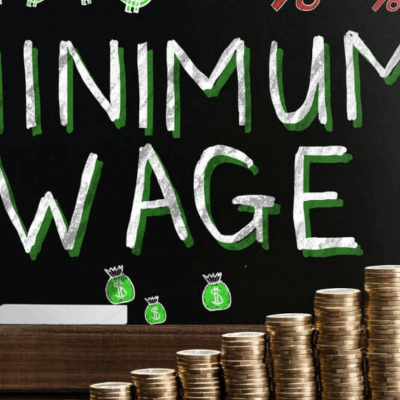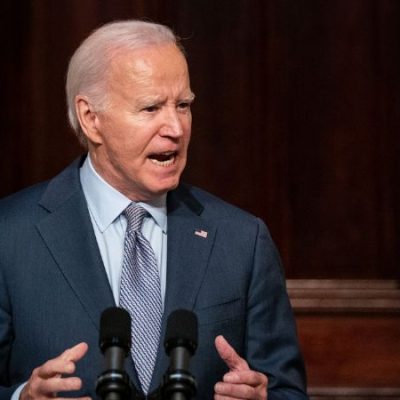European gas prices likely to turn negative

Abundant supply, low demand and full storage capacity is what marred the US oil market, pulling crude prices to negative territory, almost a month ago. Similar combination of reduced demand, over supply and lack of storage capacity has brought doom upon the European gas market. Market analyst believed that it probably would be a matter of few days before the gas prices slips into negative space. The global lockdown imposed world wide by most of the nations to curb the spread of coronavirus has brought slump in the demand, creating further imbalance in the entire supply chain.
As per the European benchmark gas market, Dutch and British gas prices have fallen down significantly with the Dutch TTF hub, going down by 20% at 2.50 euros per megawatt hour, which is equivalent to less than $1 per million British thermal units (mmBtu). Where as Prompt UK prices slipped by 30%. Analyst believed that UK’s prompt prices ran a higher risk of turning negative as one of its key storage site, Rough, had been shut since 2017.
“If supply remains this strong until storage is full, we can possibly see negative prices at some point, as there is no sign of relief from the demand side,” a European gas trader told Reuters.
“If it will happen today or next week, it’s hard to say. This weekend we have very low demand and strong supply, so weekend prices might go close to negative,” the trader added.
For US oil market turning negative was an unprecedented first-time-in-the-history event, but UK gas prices witnessed negative prices 14 years ago, as it fell below zero in 2006 after Langeled collaborated with Norway’s gas pipeline system to supply gas to Britain. The prices plunged due to fully exhausted storage capacity, just like today, as gas companies were battling the similar issue again.
“The (UK market) simply doesn’t have as many levers left to pull as continental hubs such as the Dutch,” said Murray Douglas, director of Europe gas at consultancy WoodMackenzie.
“Prices may need to fall to a level that would shut in UK production or lower Norwegian flows even further.”
The only way forward seems to be introducing cuts in production and generating demand or commissioning more storage spaces, but the end result require support from multiple actors impacting the industry. On Friday, the chief executive of Qatar Petroleum, the world’s largest liquefied natural gas (LNG) producer and major exporter to Europe, said that it would not limit its gas exports due to drop in demand. The European gas market is likely to have a tough time ahead. As per a study conducted by Refinitiv analysts, the storage inventory by the end of June in northwest Europe is expected to be at 446 terawatt hours (TWh), just 54 TWh short of the total capacity of around 500 TWh. It shows the level pressure and risk looming over the continent, knowing that the storage would reach its maximum limit by the end of July.




